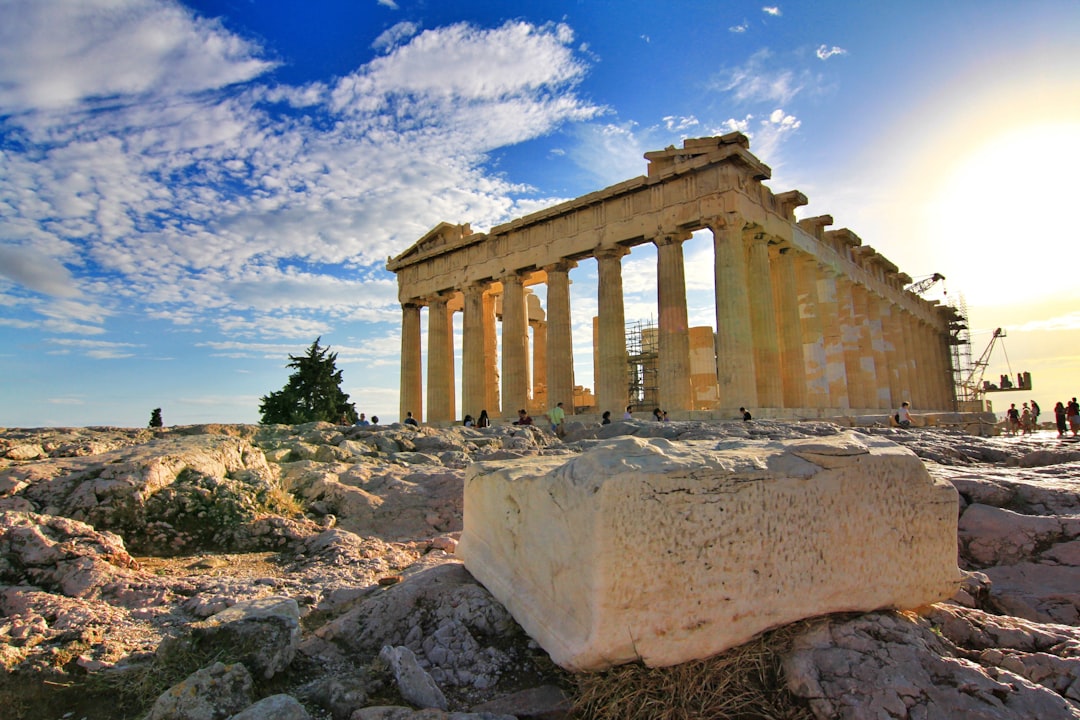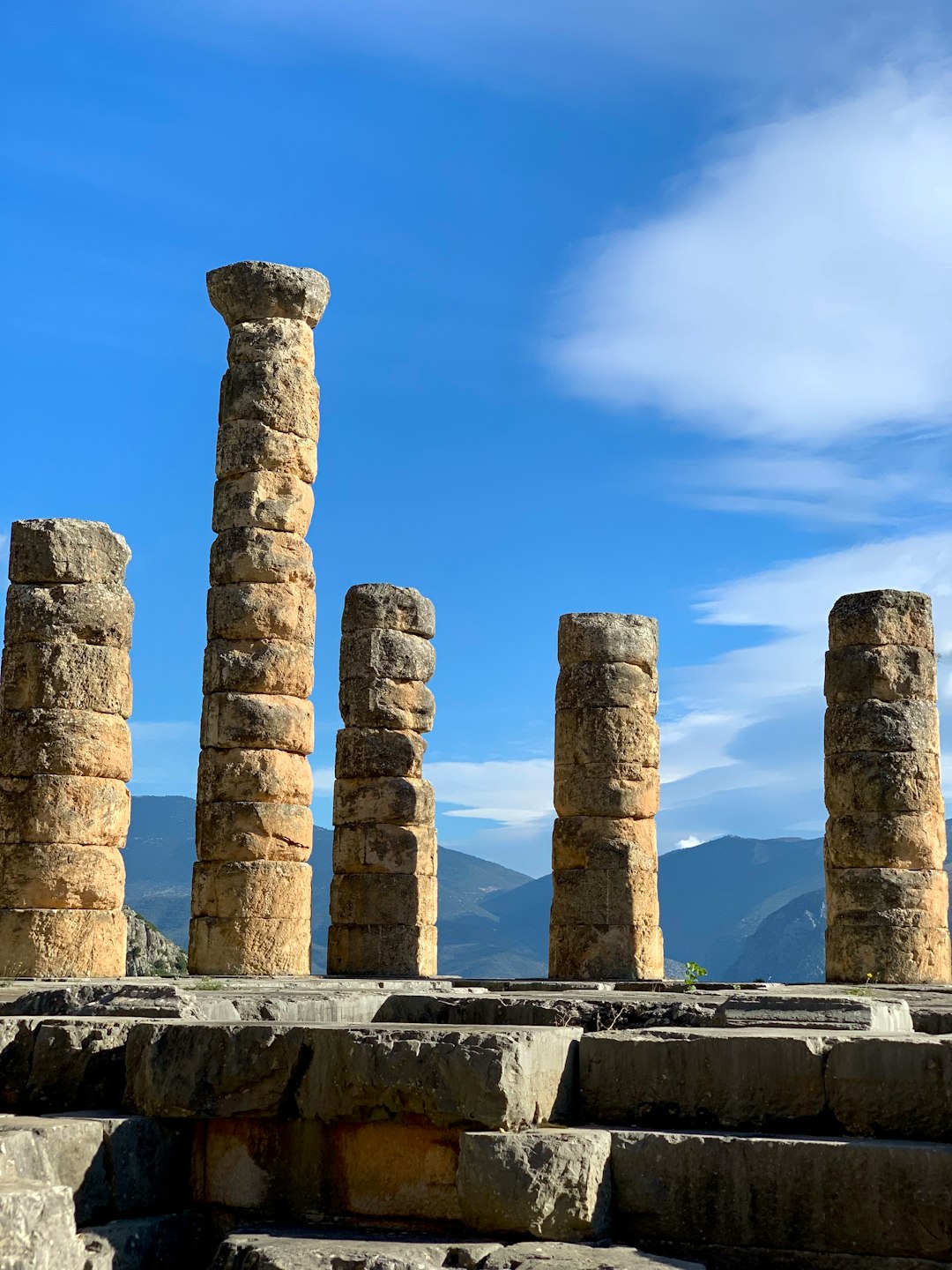How can we transform the energy of anger, fear, and sadness into actions that contribute to personal growth and the betterment of society?
Anger, fear, and sadness are emotions are deeply ingrained in our human nature and are experienced by everyone, across every culture and background. However, what we all share is the ability to navigate and manage these emotions. Seneca held that by embracing the concept of virtue, practicing self-reflection, and accepting the impermanence of external circumstances, we can find tranquility and maintain emotional equilibrium amidst the storms of life existence.

On Anger
Accordingly, some wise men have said that anger is a brief Madness: for it’s no less lacking in self-control, forgetful of decency, unmindful of personal ties, unrelentingly intent on its goal, shut off from rational deliberation, stirred for no substantial reason, unsuited to discerning what’s fair and true, just like a collapsing building that’s reduced to rubble even as it crushes what it falls upon.
Seneca, On Anger
Seneca viewed anger as a useless emotion that accomplishes nothing. He stated that “No plague has cost the human race more” than anger, harming both the person who feels it and those who are subjected to it. He believed that the path to overcoming anger lies in cultivating virtue, particularly the virtues of patience, self-control, and forgiveness. He encouraged developing philosophical outlook on life that helps us rise above anger-inducing situations.
On Fear
…we suffer more often in imagination than in reality….Accordingly, some things torment us more than they ought; some torment us before they ought; and some torment us when they ought not to torment us at all. We are in the habit of exaggerating, or imagining, or anticipating, sorrow.
Seneca, On Groundless Fear
Seneca recognized fear as a natural and instinctive emotion that arises in response to perceived threats or dangers. He also acknowledged that fear is a common human experience but believed that it can be managed and overcome through reason. True courage, he believed, is not the absence of fear but rather the ability to act in the face of fear. He encouraged confronting it and taking action despite its presence, as inaction only perpetuates and reinforces fear; realizing too that most of it comes from our own thoughts and interpretations of external events.
On Sadness
No one will bring back the years, no one will restore you to yourself. Life will follow the path it began to take, and will neither reverse nor check its course. It will cause no commotion to remind you of its swiftness, but glide on quietly.
Seneca, On Consolation
Seneca held that living in the present moment was vital to our happiness and well-being, not allowing past or future events to burden us with sadness. He encouraged individuals to concentrate their attention on the here and now, rather than dwelling excessively on past regrets or uncertain future outcomes. Sadness should never be denied, he believed, but rather accepted and allowed to run its course; making constructive use of the time whilst deriving wisdom from the experience, becoming better people as a result.
We hope that you will join us for our On Seneca: Anger, Fear, and Sadness virtual event on Sat, August 19th at 12pm EDT, and derive wisdom from the experience as well.

Don’t miss this opportunity to gain invaluable insights from Seneca’s wisdom and discover practical approaches for managing the anger, fear, and sadness that every one of us experiences.
Engage in discussions with authors and academics in Stoic philosophy and the teachings of Seneca:
- David Fideler, editor of the Stoic Insights website, author of Breakfast with Seneca and Restoring the Soul of the World: Our Living Bond with Nature’s Intelligence
- Lalya Lloyd, writer and classicist, Eton College, University College School
- Margaret Graver, Professor of Classics at Dartmouth College, New Hampshire, author of Stoicism and Emotion and Seneca: The Literary Philosophe
- James S. Romm, James H. Ottaway Jr. Professor of Classics at Bard College, author of Dying Every Day: Seneca at the Court of Nero and editor of How to Die: An Ancient Guide to the End of Life (Seneca)
- Christopher Star, Associate Professor of Classics at Middlebury College, Vermont, author of Seneca and The Empire of the Self: Self-Command and Political Speech in Seneca.
More to be announced!
Hosted by Donald Robertson and Anya Leonard of Classical Wisdom
This is event free to register. You may also donate an amount of your choosing. Your generosity keeps us hosting these events. Donations also go towards the development of an on-site PAC location near the original Plato’s Academy in Akadimia Platonos, Athens.
There is no need to worry if you are unavailable on the day. A recording post-event will be sent to all registered attendees.
Seneca’s philosophy offers invaluable guidance in managing the universal emotions of anger, fear, and sadness. By cultivating virtues like patience, self-control, courage and forgiveness, we can rise above and empower ourselves. Join the On Seneca: Anger, Fear, and Sadness virtual event to gain practical insights and discover effective ways to navigate these emotions.

We hope to see you all on Saturday, August 19th!
























